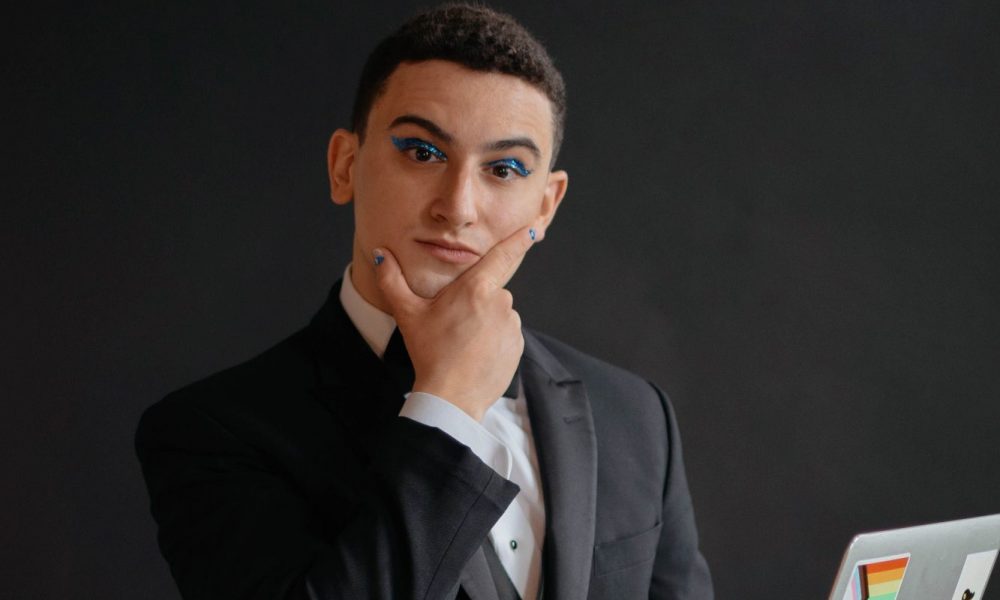

Today we’d like to introduce you to William Keiser.
Hi William, thanks for joining us today. We’d love for you to start by introducing yourself.
I was born in Fort Lauderdale, Florida and grew up with my parents on our boat, a Tollycraft. It was just the three of us, trawling to white sand beaches, feeding nurse sharks, and singing ’60s songs into the wind on trips to the Bahamas and Dry Tortugas. I spent that time reading Atlases and forming inside jokes over “docktails” with boomer boaters, with names like “Debbie” and “Bob.” I was like Eloise at the Plaza if the Plaza were floating and Eloise were a proto-gay-boy.
When I was nine, I began doing ballet and fell in love with it. I did it very seriously until I was eighteen when I took a year between high school and college and danced semi-professionally in Seattle. When I was 23, I had an emotional crisis, quit dancing, and began writing. I wrote a TV teen drama pilot about rival dance companies at an Ivy League School (loosely based on my time at Princeton) and then an original narrative podcast about LGBT Washington, DC. I moved to LA one year ago to pursue TV writing and get staffed in a room. I didn’t know it was more difficult to become a “Writer’s PA” than a retinal surgeon. So I still might go to medical school if this writing thing doesn’t work out – if I don’t become the next Sam Levinson/Lena Dunham mad genius auteur of a “TV teen drama with dance elements.”
Here in LA, I write original TV screenplay samples, intern at an LGBTQ streaming service, and write essays and dance criticism for local publications. My next goal is to meet Troye Sivan and convince him to star in my latest project, about a gay spy in the 1930s who informs on his communist friends. I like to set realistic goals for myself.
Can you talk to us a bit about the challenges and lessons you’ve learned along the way. Looking back would you say it’s been easy or smooth in retrospect?
It’s been both very difficult and very easy. Regarding difficulty, I find phoniness and casual cruelty extremely upsetting. As a gay man, no one expects you to be a person of substance, and when you are, you pose a threat to the fragile balance of who is allowed to be what.
That said, the moment I owned what I think and feel instead of what society dictates I should think and feel, I started meeting other artists I adore. We formed a creative group we call the enneagram b*tches (or “Shakthians”, depending on who you ask.) They too desire a life of maximum fun, love, elegance, absurdity, and creative seriousness. I’ve developed a very strict “no narrow-mindedness” policy, and that has made life a pleasure.
Appreciate you sharing that. What else should we know about what you do?
I write teen and coming-of-age dramas about young people in over their heads in a new, fascinating world. Most recently, that world was 1930s Manhattan, when American communism was reaching its zenith. In the past, those worlds have been an Ivy League school with a corrupt Title IX department and an elite ballet company training program.
I’m known (in Washington, DC) for my 2022 narrative podcast, ‘popular’, in which I interviewed queer people of different walks of life in the district. I put together a portrait of queer power, social ritual, and close friendship in the nation’s capital.
The project I’m most proud of is still a show I co-choreographed in my senior year at Princeton. It was an immersive dance theater production of Pinocchio in which the audience exited the theater after intermission and re-entered the space as a nightclub, passing a bouncer and getting a wristband. The audience followed the characters through the theater, and every audience member’s experience was different. Every night was also different, as some of the choreographic prompts involved structured improvisation.
I think what sets me apart from others is my extensive and active research process. I meet many creatives who look inward and have little active curiosity about other people. In contrast, I’m relentless in gathering information, conducting interviews, and courting collaborators before I write. I want to reach material from the most interesting and unusual angle possible, and I reject the idea that writing is a solitary process. I can be intense, but it’s because I always want to make something true and distinctive.
What matters most to you?
Truth, I think, both objective and emotional. I find that art and science have been greatly devalued in American culture. Instead of the cult of celebrity, money, power, and “likabilility”, we should worship the kind of love that comes from really seeing others and holding them and ourselves to higher standards. Which is what I think great art and scholarship are really about.
As a kid, I thought that what mattered was “kindness,” but there is an epidemic of cowardice masquerading as politeness. Real kindness takes courage and involves a commitment to care and truth, even or especially when they won’t get you a lot of likes.
Plato wrote in the Symposium (through the personage of Diotima) that there is a medium place between doing correct actions and knowing why those actions are correct. What I encounter a lot is people in that medium place. It is this group who have caused most of the world’s suffering, because they value action without thought over thought without action. It matters a lot to me that I show up as myself and create space for others who spend their time thinking and caring deeply.
Contact Info:
- Website: https://www.williamskeiser.com/
- Instagram: https://www.instagram.com/keiserwilhelm/
- Twitter: https://twitter.com/keiserwilhelm_
- Youtube: https://www.youtube.com/channel/UCFbIa2Yo0l-2lGNynTCQP7g
- Other: TikTok: https://www.tiktok.com/@williamkeiser
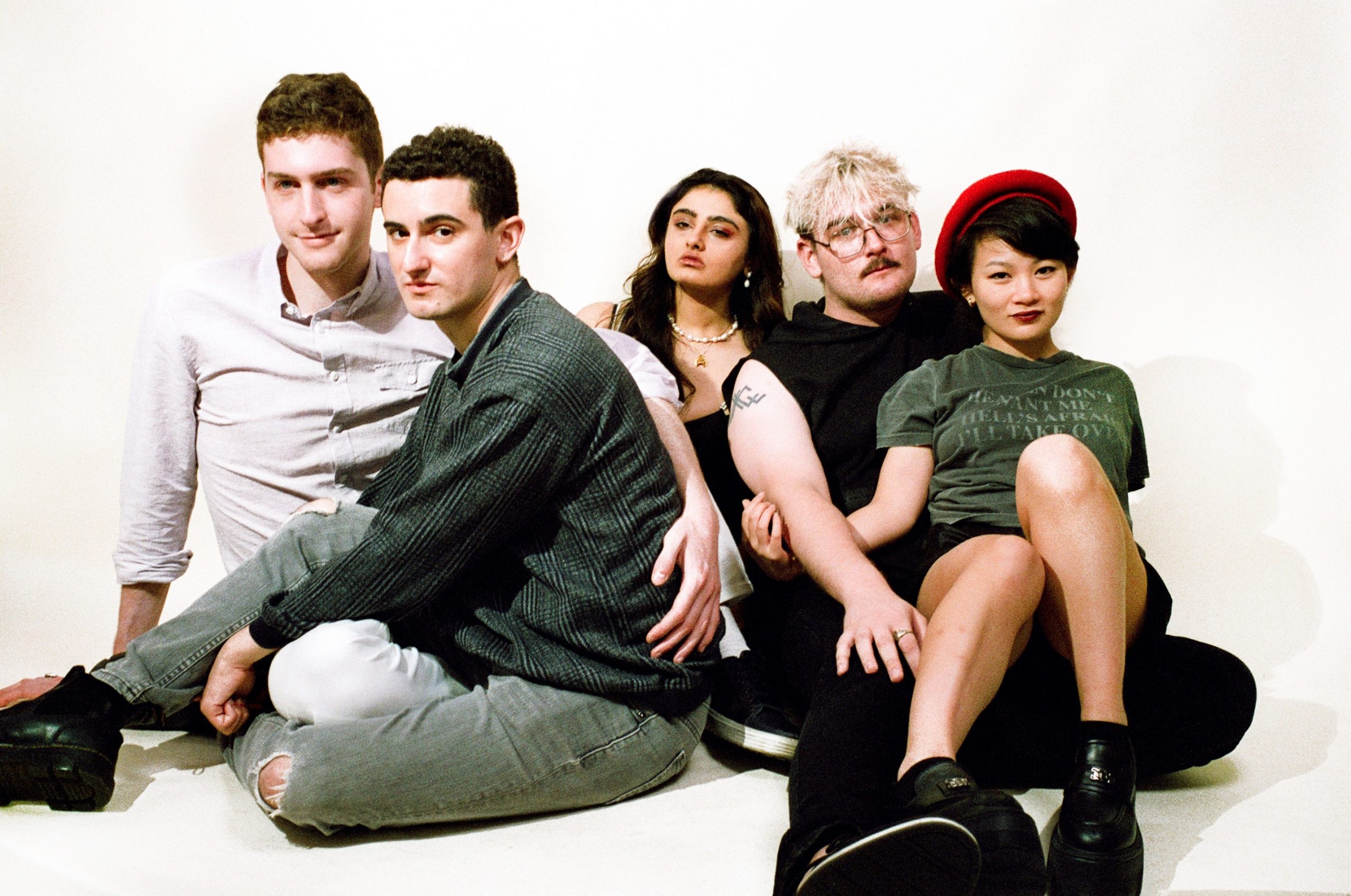
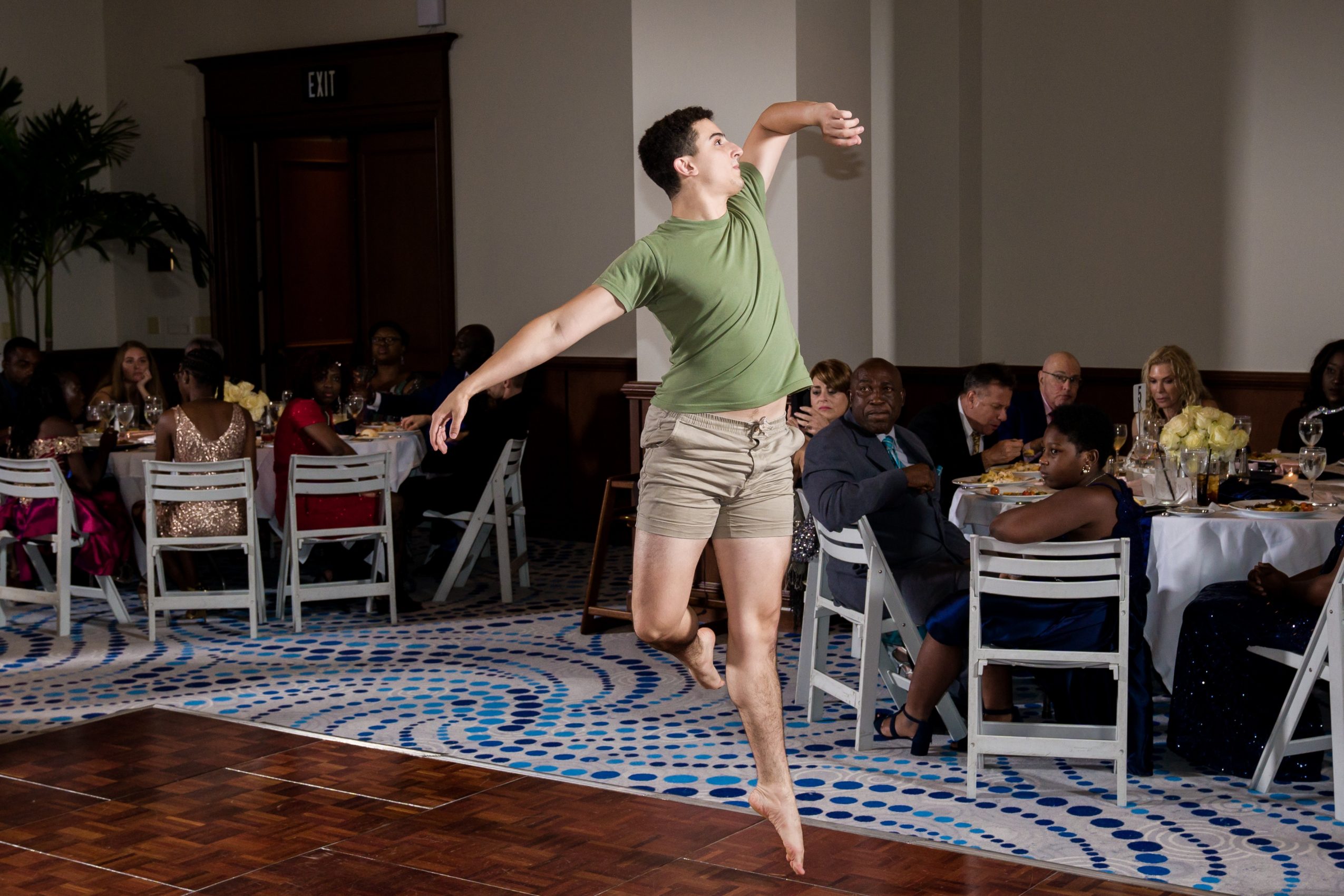
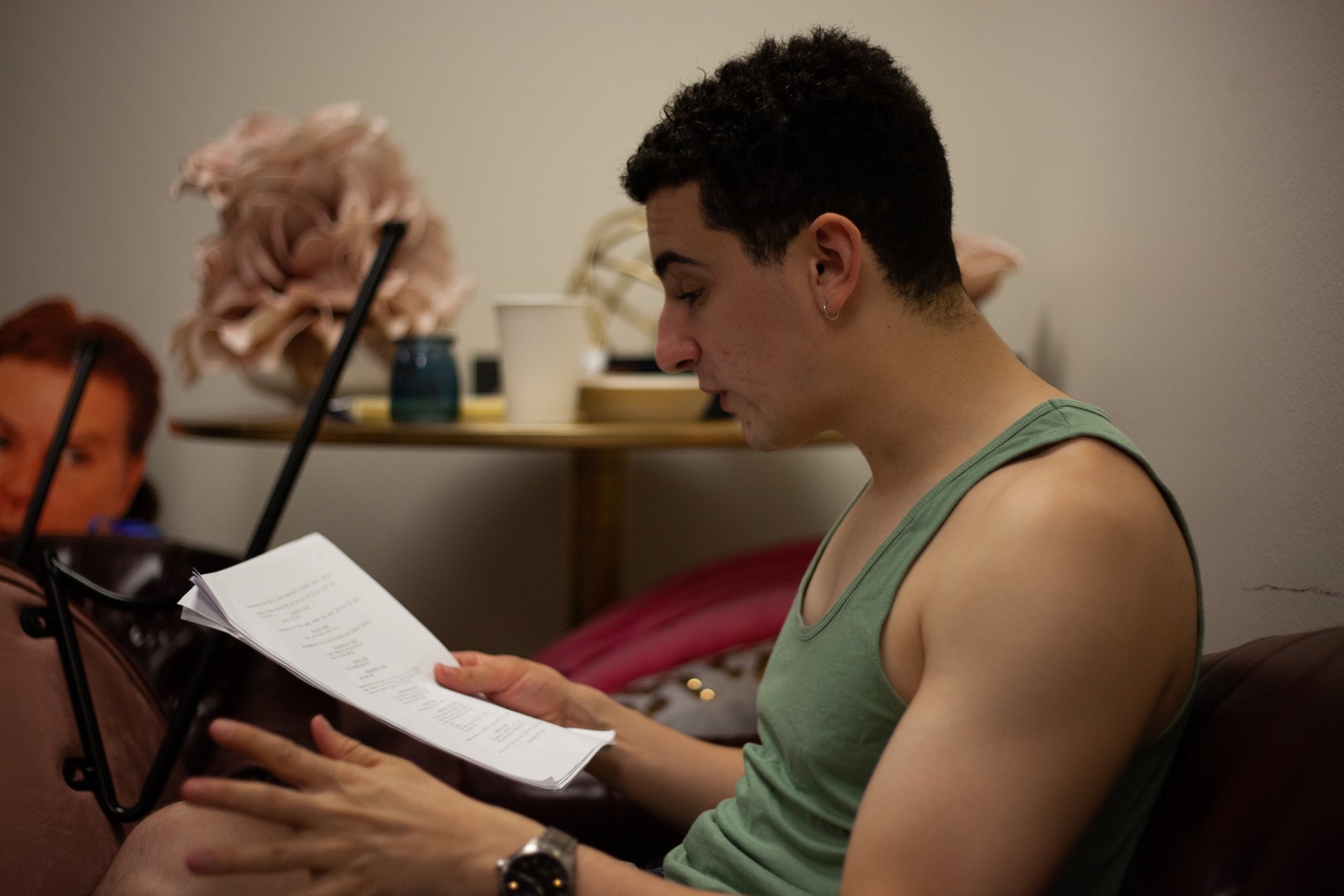
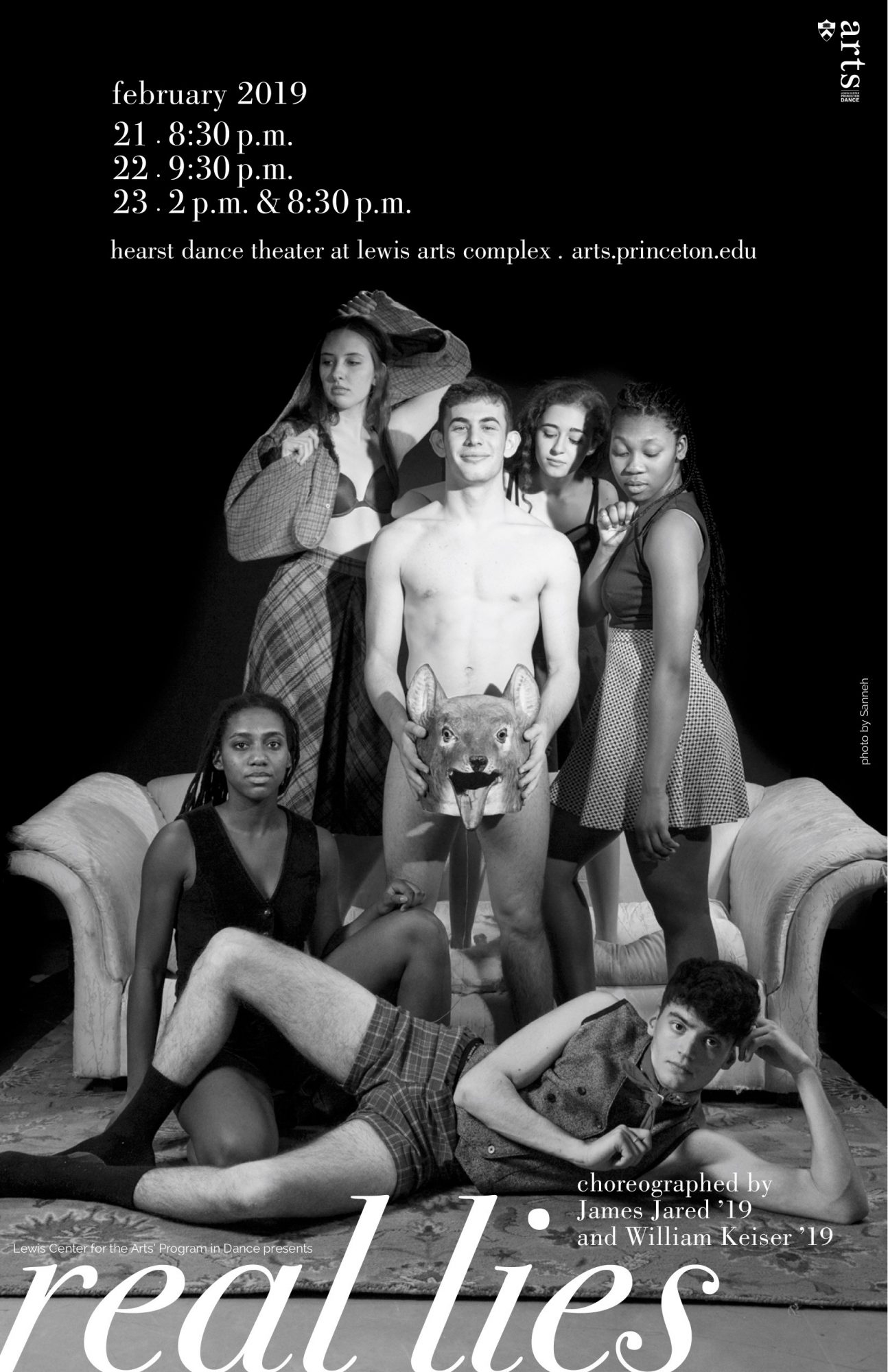
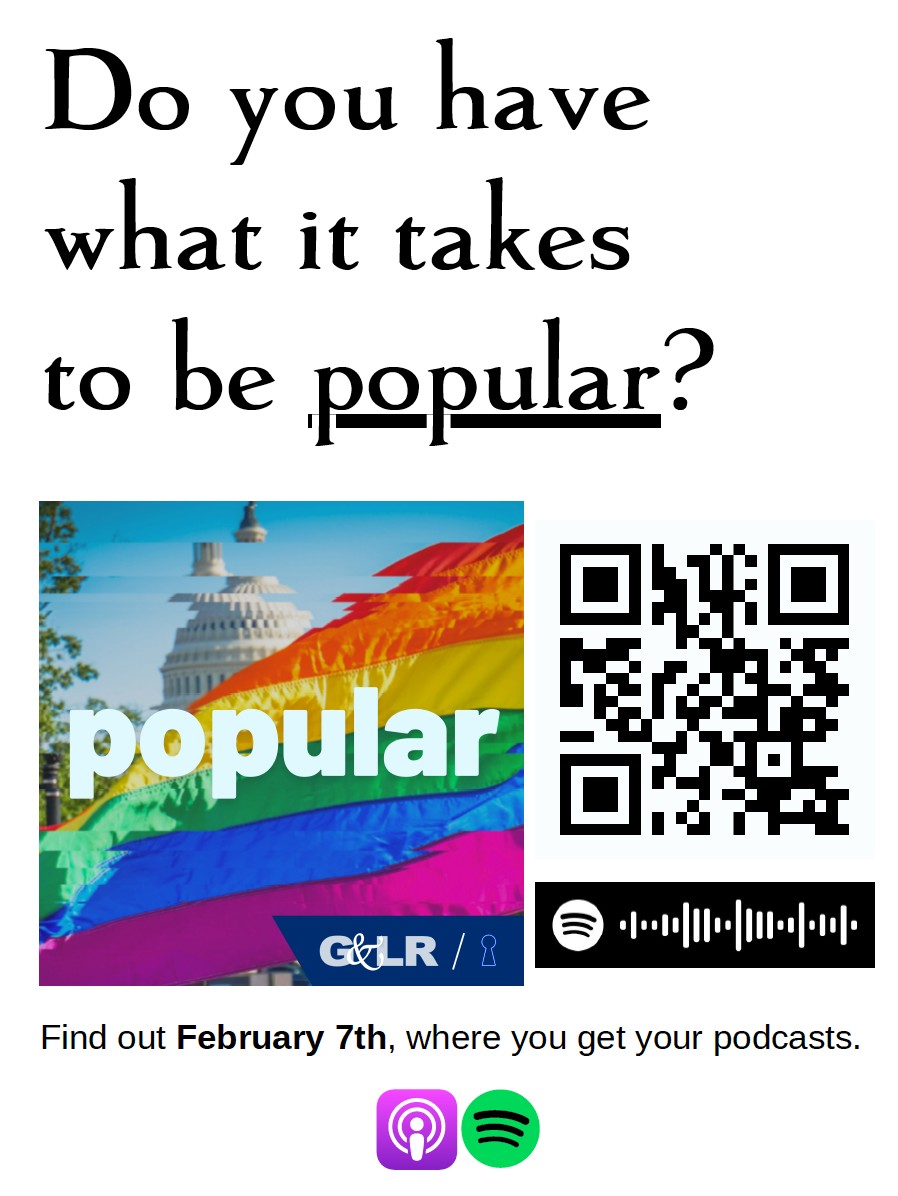
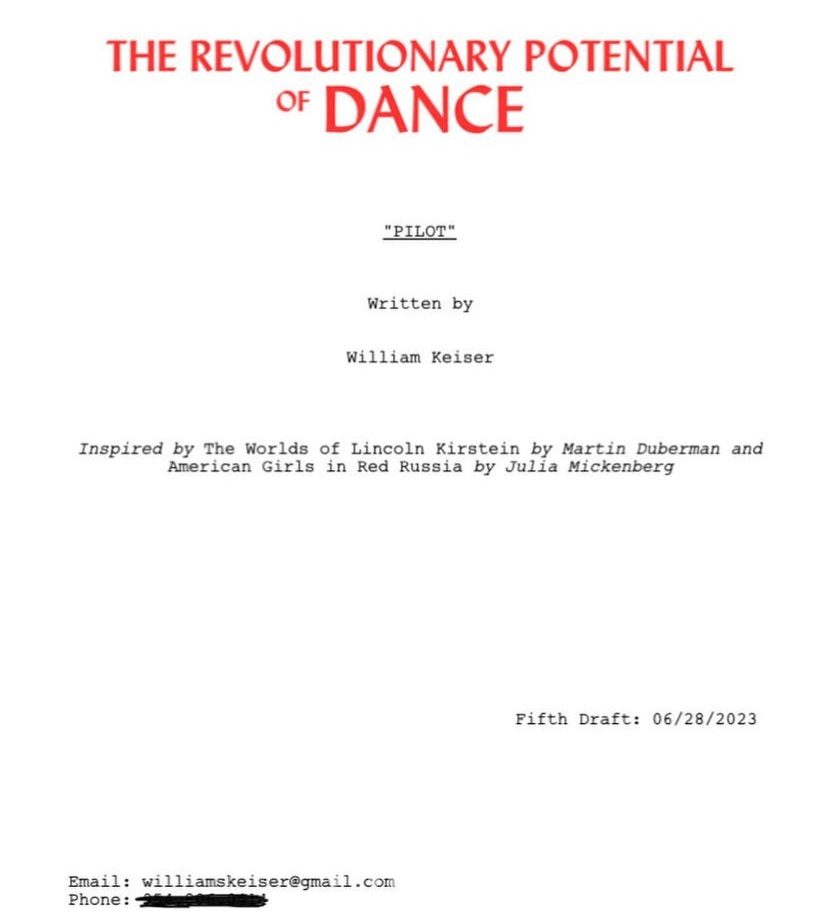
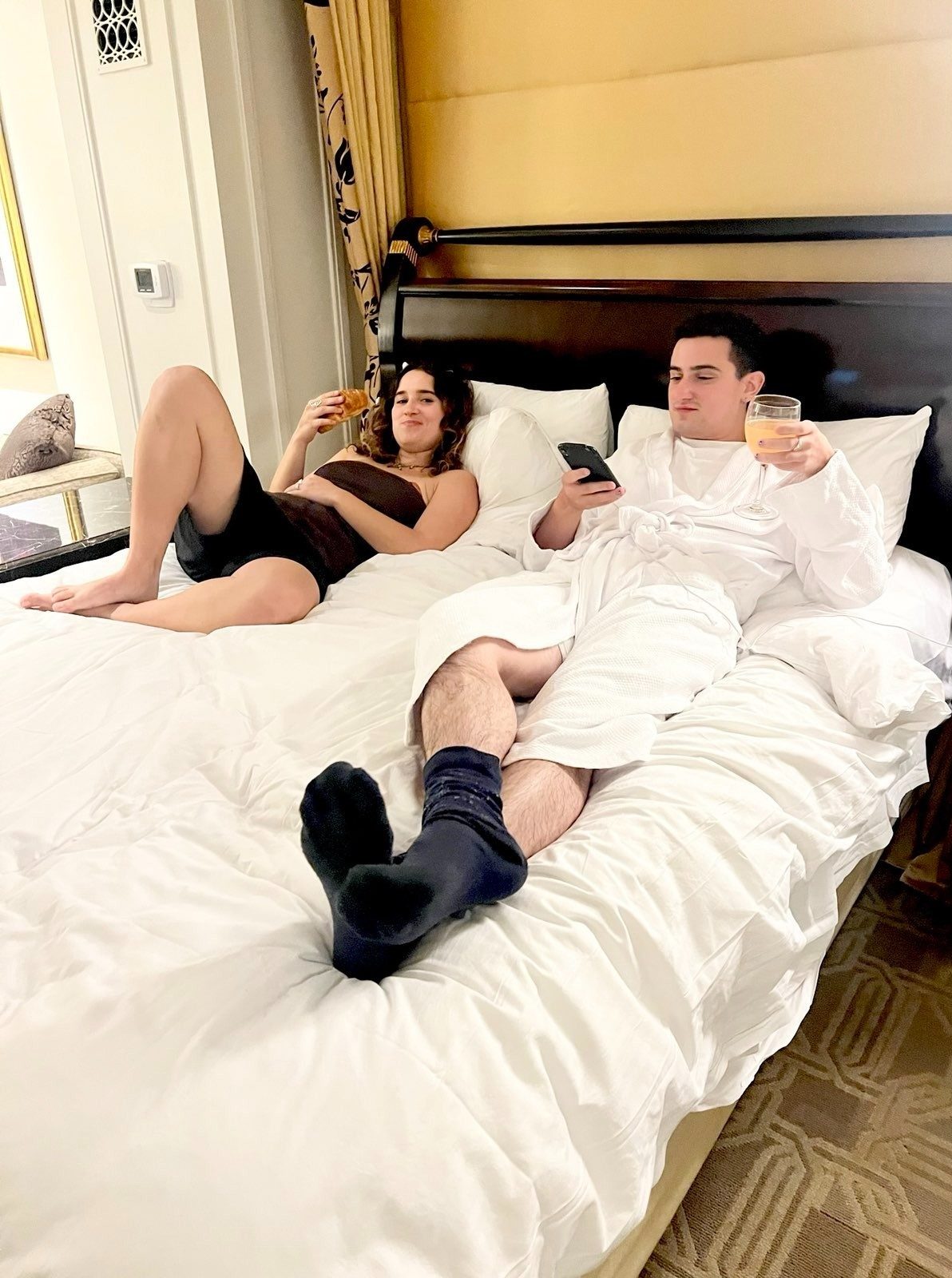
Image Credits
Jordyn Belli [for main image of me]. Carson Stachura [for enneagram b*tches group image]. Sanneh [for real lies poster]. Jody Bolt [for me reading script picture]. Sophia Matheney [for bathrobe picture].














